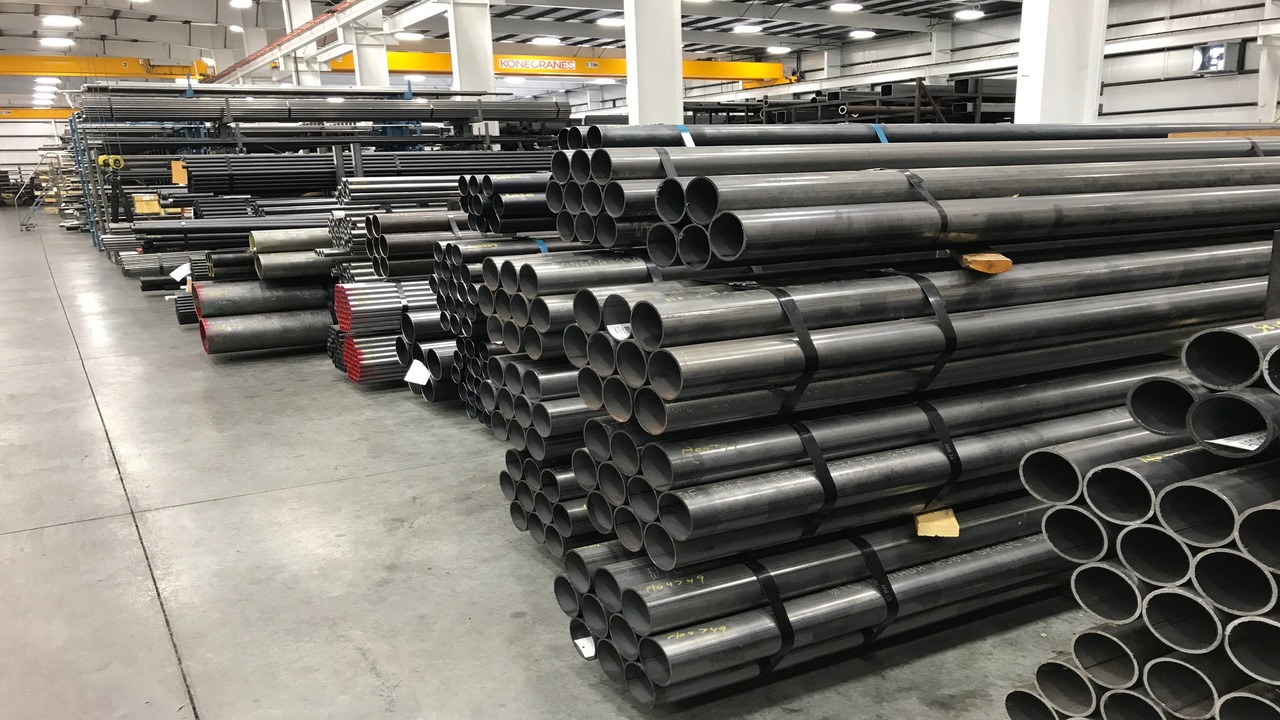Steel is a versatile material used for centuries in human innovation. One of the ways it is used is in the form of steel tubes. These cylinders have a variety of uses in industries such as energy and construction. Steel tubes have been instrumental in shaping our world. Let’s explore how steel tubes are used and why they have remained popular.
Strength and Versatility: The Hallmarks of Steel Tubes
Due to their exceptional strength and adaptability, steel tubes are prevalent in almost all industries. These tubes come in diverse shapes, sizes, and thicknesses and can be either seamless or welded. Seamless tubes are made by drawing them from a solid steel billet, whereas welded tubes are formed from steel sheets.
The perfect variety of steel tube has a smooth interior surface and is highly corrosion-resistant, making it ideal for harsh environments. Additionally, it can withstand high pressures, making it perfect for hydraulic applications.
On the other hand, welded steel tubes are more cost-effective and have a more comprehensive range of shapes and sizes. They are stronger and more durable than seamless tubes, making them ideal for applications especially that require high structural integrity.
Steel tubes are highly versatile and can handle extreme temperatures, heavy loads, and high pressures. They are vital in many industries, including construction, automotive, and manufacturing.
Key strength factors:
Here are some key strengths
- High strength-to-weight ratio: Steel tubes offer superior strength without excessive weight, making them ideal for structures and transportation applications.
- Dimensional stability: They resist bending and maintain their shape under significant stress, guaranteeing structural integrity.
- Versatility in shapes: Round, square, rectangular, and more – the shape options cater to diverse needs and optimize performance.
A Backbone for Industries: Where Steel Tubes Shine
Here are some examples that highlight the significance of steel tubes.
Construction: Steel tubes form the skeleton of countless buildings, bridges, and other structures. Their strength and dimensional stability make them perfect for columns, beams, and trusses, supporting immense loads.
Energy: Steel tubes, from oil and gas pipelines to solar energy installations, are critical in energy transportation and infrastructure. Their resistance to corrosion and pressure ensures safe and efficient energy flow.
Manufacturing: Steel tubes are important components in various machinery and equipment. They are used in hydraulic systems, conveyor belts, and furniture, providing structural support and fluid conveyance.
Transportation: Automobiles, bicycles, and aircraft rely on steel tubes for their frames and components. Their lightweight strength makes them ideal for weight reduction and performance optimization.
Other Applications: Steel tubes find diverse applications in agriculture, healthcare, furniture, and even recreational equipment. Their versatility makes them a go-to solution for countless needs.
Beyond Strength: Sustainability and Compliance
Modern steel production, such as that of TUSPIPE, prioritizes sustainability, minimizing environmental impact through responsible sourcing and recycling practices. Additionally, steel tubes comply with various international standards, confirming quality, safety, and performance across different applications.
Conclusion
Steel tubes are not just simple metal cylinders. They are strong, versatile, and long-lasting and play a significant role in shaping our world. They are used in various applications, from building towering skyscrapers to powering machinery. Whenever you see a steel tube, remember that it’s not just a piece of metal; it is a vital component that contributes to countless initiatives and helps shape the future, one application at a time.
